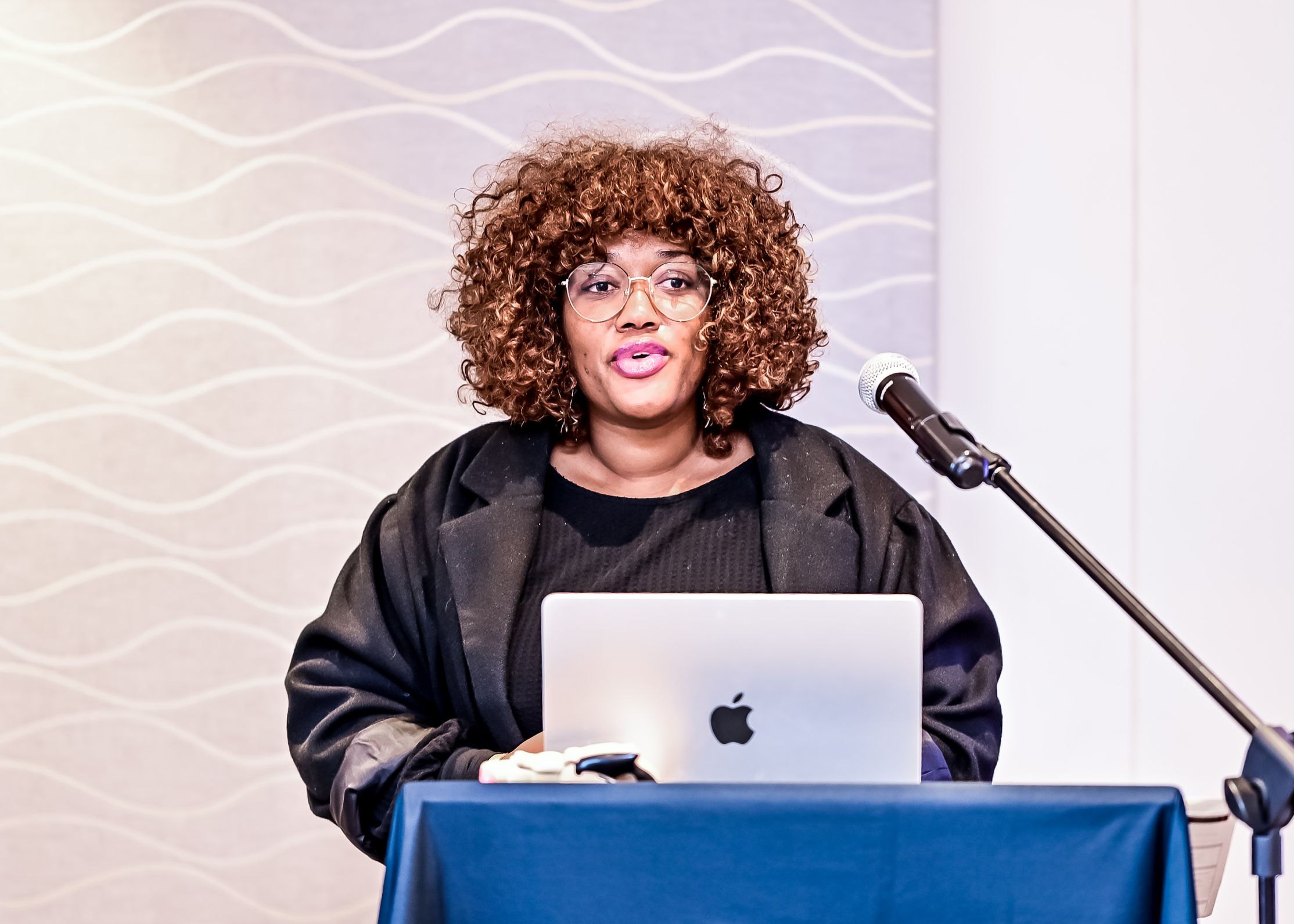REBUILD CURRICULLA ON FOUNDATIONS OF INDIGINENOUS KNOWLEDGE SYSTEMS

You can't have an African university asking for the integration of Indigenous Knowledge Systems (IKS), when IKS should be the foundation of everything that we do as African institutions, says anthropology researcher, Nombulelo Shange.
Shange spoke at the WSU Transformation Indaba to edify on its theme of the “Contested meaning of transformation in Higher Education with a special focus on Learning and Teaching, Research and Innovation, Governance and Institutional Support Systems.”
She based her premise on the fact that some of the concepts in math come from Ancient Egypt, but are they presented as European or Western ideas.
“Let's decolonize in a way that ensures IKS is integrated and is the foundation of everything by ensuring that from the moment students walk into the classroom, they know specifically that these mathematical and scientific concepts come from this context.
Shange said that people get worried when there’s mention of the integration of IKS into education curricula. They ask what we are going to do for the sciences, whereas there’s a lot of science in IKS that we teach even today.
“Math and all these other sciences are African knowledge; we just don’t know it due to some of the disruptions in history. It doesn’t have to look like we’re throwing out the entire syllabus,” she said.
Shange also reflected on the ethical conflicts and restrictions imposed by Western research ethics codes while she was conducting her Anthropology doctoral research on the Khoisan community in and around the city of Cape Town.
“When it comes to even basic issues like language, I had an encounter where I was being asked to transcribe questions into Afrikaans because the basic Western ethics code requires the transcribing of these questionnaires into as many different languages that your participants might represent. A lot of my participants don’t necessarily embody or embrace Afrikaans. I realized that had I done things in Afrikaans, I would've immediately alienated my participants,” said Shange.
She added that her participants didn’t necessarily identify as Afrikaners or as Afrikaans speakers based on their history – meaning had she complied with the Western ethics code, she would have offended her participants.
“They would have assumed that I didn’t do my research on them and that I don’t know who they are by replicating and continuing the same, sometimes harmful, propaganda about them: that they were not African and were less African because they are Afrikaner or that they sided with white people during colonialism,” she said.
Shange further elaborated that this was in the context of a language that is linked to a history of violence, struggle, land, identity and dispossession.
“In a way, I would have possibly been guilty of coming in as a scholar treating them as white adjacent people when they are saying, no, that’s not who we are. We are indigenous to this land. We are Khoisan people,” said Shange.
Shange also emphasized on the importance of retaining African names lest we lose a rich heritage and the IKS with which we pride ourselves.
She draws her point using Table Mountain, also known as “Hoerikwaggo” in the Khoisan language, meaning: “the gift that emerges from the water”. Shange said that the “Kwaggo” sounding word mimics the sound of water hitting against the mountain rock. Adding that, not only is it an important descriptive term, but it also portrays that the Table Mountain is surrounded by sea and has constantly got this interaction with the water.
“So, you get rid of the name, and you also lose all these other dimensions of knowledge production there is science, ecology, geography, spirituality and history. You get rid of this word; you get rid of all those knowledge systems,” said Shange.
By: Sinawo Hermans
